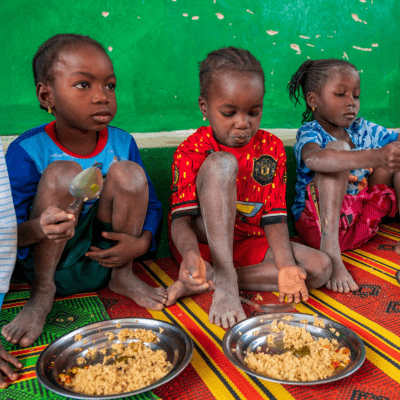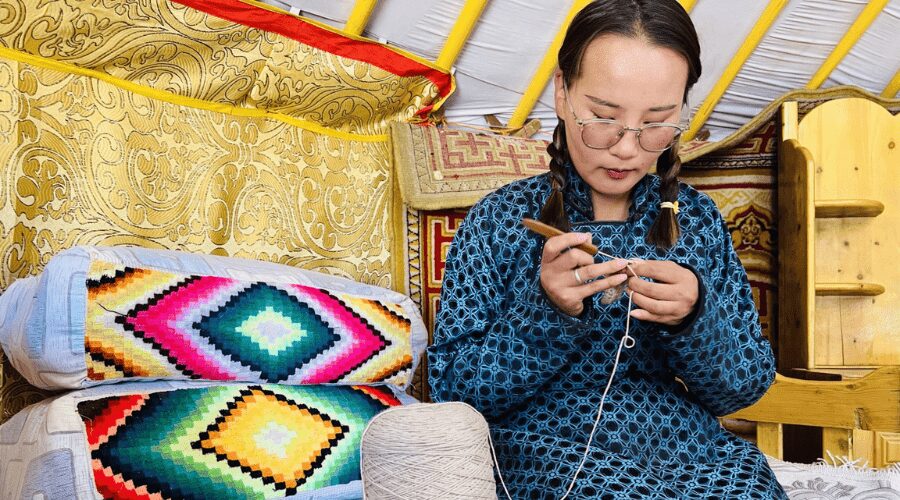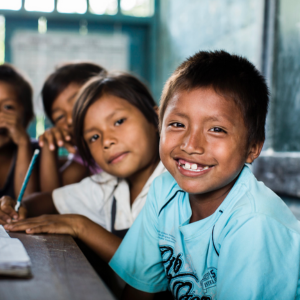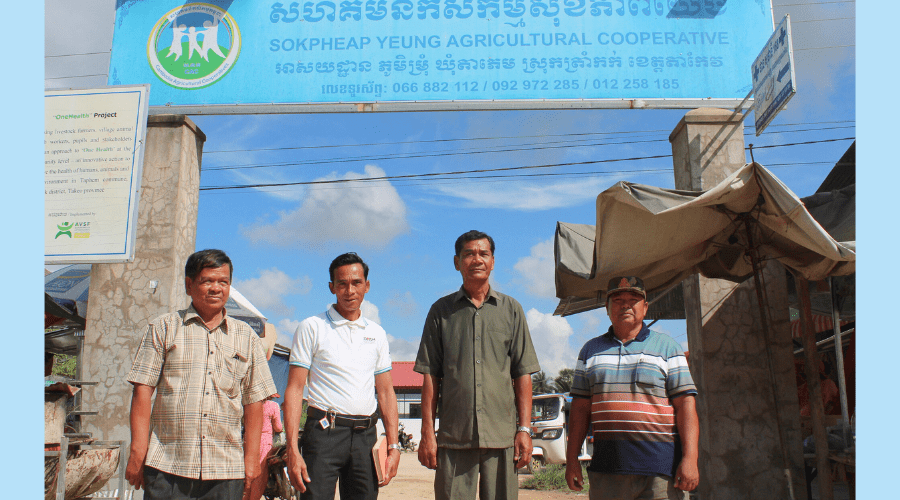Smallholders in the South need water in order to produce food and ensure their own survival. With an alarming number of people (950 million) suffering from hunger throughout the world, Coordination SUD defends the right of farmers in the South to have access to water for agricultural production. It is a key solution to overcoming the challenge of ensuring food security.
If we want to be able to produce enough food to feed everyone on the planet over the coming decades, we will have to do three things: support the right of smallholders to have access to water so that they can develop irrigated farming systems and provide drinking water for their livestock, promote artisan fishing, and improve water-management practices in rainfed-agriculture systems. Doubling the surface area of irrigated land in sub-Saharan Africa would make it possible to increase the world’s food supply by 5 to 11% by 2050. Boosting food production must be achieved, first and foremost, through family farming. But on the ground, ”competition is growing for access to agricultural water. Large-scale production entities are grabbing vast tracts of farmland and are developing modern irrigation systems on that land, to the detriment of the smallholder production system, which, given access to sufficient water resources, is capable of creating much more added value per hectare,” says Michel Merlet of Agter.
No, smallholders do not waste water! ”The intensive and production-oriented agricultural model that dominates the industry today creates high levels of pollution and consumes large quantities of water,” explains Frédéric Apollin of AVSF. ”Smallholder farming, on the other hand, utilizes traditional know-how to sustainably manage, preserve, and protect water resources over the long term.” Today, water is a vital resource for all smallholders in the South, who are the primary victims of the consequences of global warming.
On World Water Day (March 22, 2013), Coordination SUD will defend the right of smallholders in the South to have access to water so that they can develop irrigated-farming systems, provide drinking water for their livestock, and meet the challenge of ensuring food security.
”Smallholders already produce more than half of the world’s food. They could do even better if they just had the means to do so!” says Céline Allaverdian of Gret. Implementing support programs that are more cost effective and that are based on traditional water-management methods would boost smallholder productivity and ensure that water is used more resourcefully and efficiently. If smallholders were able to double their production, they would be able to feed half of the planet, reduce environmental degradation, and curb the rural exodus.
Agter, AVSF, CCFD-Terre Solidaire, and Gret (all members of Coordination SUD) have decided to put out English and Spanish versions of their report, “Pour une justice sociale de l’eau : garantir l’accès à l’eau aux agricultures familiales du Sud [Fair Share of Water: Ensuring access to water for family farming in the South],” which was first published in 2012 for the World Water Forum in Marseille. Doing so will make their participation in debates (on topics such as reducing poverty or improving food security) accessible to a wider audience.
In 2013, Coordination SUD will take part in a series of international debates on water in order to defend the right of smallholders to have access to and use water, and prove the economic efficiency of such a policy. Coordination SUD will be participating in these debates in preparation for the International Year of Family Farming in 2014.
Press contact
Christophe LEBEL, 01 43 94 73 48









